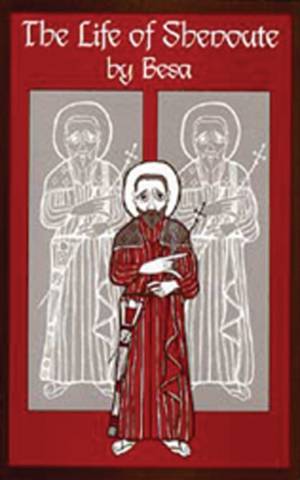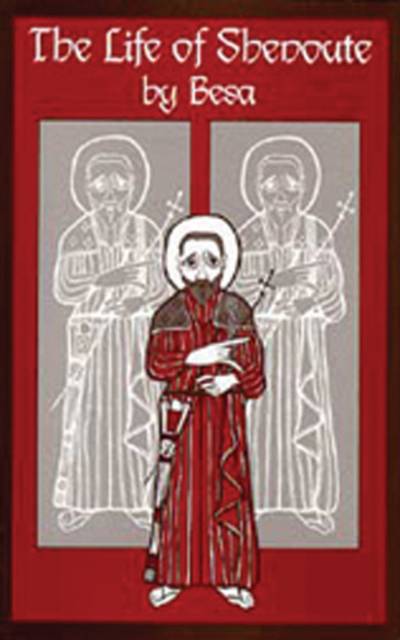
- Afhalen na 1 uur in een winkel met voorraad
- In januari gratis thuislevering in België
- Ruim aanbod met 7 miljoen producten
- Afhalen na 1 uur in een winkel met voorraad
- In januari gratis thuislevering in België
- Ruim aanbod met 7 miljoen producten
Omschrijving
Shenoute of Atripe, ranked second only to Pachomius for his contribution to the development of egyptian monasticism, is all but unknown outside the Coptic tradition. This first english translation of his Life, by his disciple and successor, casts new light on the austere monasticism of the fifth century.
Few documents available in English accentuate more dramatically than Besa's Life of Shenoute the cultural limitations of our knowledge of early Christianity. The Coptic tradition venerates Shenoute of Atripe as a hero of the faith, yet his very name is unfamiliar to those in the graeco-roman tradition. Thousands of monks and nuns once looked to him as their apa, the father of their spiritual and material lives: yet, even seen through the admiring eyes of his disciple and successor, Shenoute strikes moderns as erratic and unlovable. When he enters familiar church history by attending the Council of Ephesus, his violent solutions to dissent and his almost Christ-less spirituality contrast curiously with our picture of the intellectual complexities of christological controversy. By his very contradictions, he case important light on a long obscure chapter of christian experience. 'We may dislike him', D.N. Bell writes in his introduction, 'but we can never ignore him.'
Specificaties
Betrokkenen
- Auteur(s):
- Vertaler(s):
- Uitgeverij:
Inhoud
- Aantal bladzijden:
- 136
- Taal:
- Engels
- Reeks:
- Reeksnummer:
- nr. 73
Eigenschappen
- Productcode (EAN):
- 9780879078737
- Verschijningsdatum:
- 1/01/1983
- Uitvoering:
- Paperback
- Formaat:
- Trade paperback (VS)
- Afmetingen:
- 140 mm x 216 mm
- Gewicht:
- 190 g

Alleen bij Standaard Boekhandel
Beoordelingen
We publiceren alleen reviews die voldoen aan de voorwaarden voor reviews. Bekijk onze voorwaarden voor reviews.









